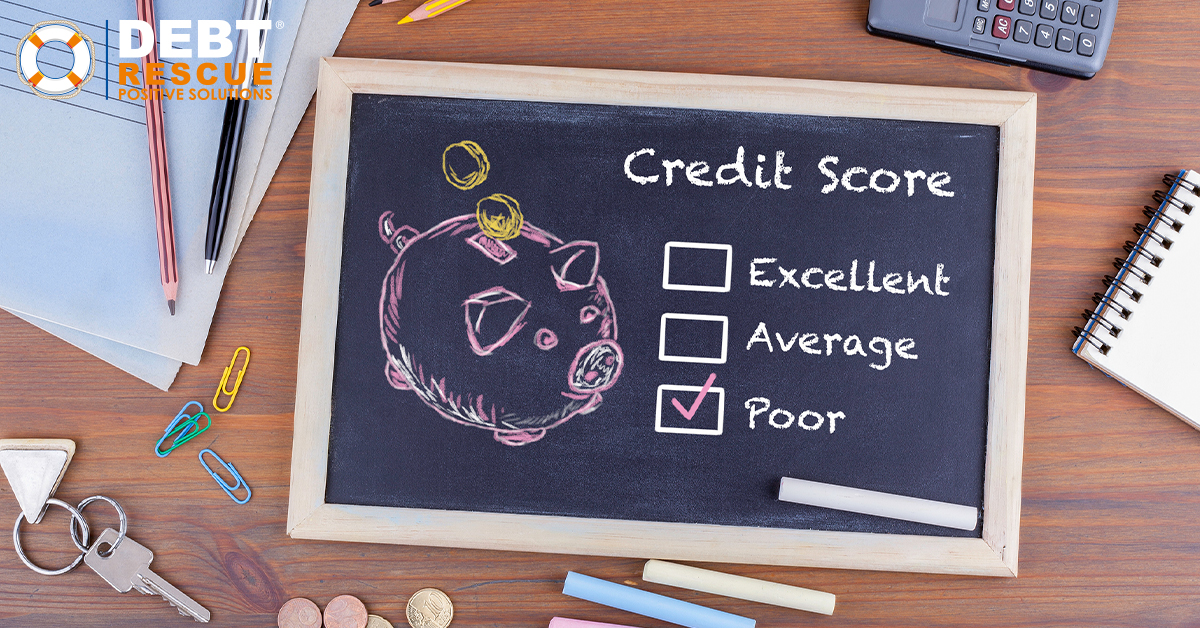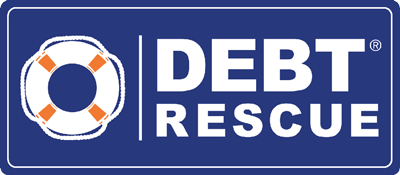Have you ever forgotten to pay your phone bill? Left your credit card debt unpaid or missed a mortgage repayment? Failure to repay your debts, whether it be an unsecured or secured debt, a large car loan repayment or small utility bill, may result in a lender listing a default on your credit report.
A default can leave a black mark on your credit report, making it difficult for you to borrow credit in the future. While one late payment is unlikely to damage your credit score, consistent failure to repay your debts is a major sign of financial distress.
If you have multiple debts, it’s important to understand exactly what a default is and how it can impact your credit score.
What is a Default?
A credit default is a negative listing on your credit file that can hurt your credit score. Put simply, a default is when you have an overdue debt such as a credit card, personal loan or utility bill that you have been unable to pay. If the debt is 60 days overdue, over $150 and still remains unpaid, the lender can then list a default on your credit file.
Before listing a default on your credit file, a lender must send you two written notices:
- To try to recover the payment.
- To notify you of the lender’s intend to list a default on your credit file.
There can be many reasons why you may not have been able to meet your repayments, such as a sudden job loss, illness or relationship breakdown. If this is the case, it’s important to contact the lender as soon as possible and request financial hardship assistance before a default is listed to avoid it negatively impacting your credit score.
What will be Listed on Your Credit Report?
When a lender lists a default on your credit report, the following information will be included:
- The lender’s name and what type of account it was.
- The amount that is listed as a default.
- The date the listing is due to come off your report.
How Long does a Default Stay on Your Credit Report?
A default is recorded on your credit report for five years, even after the amount has been repaid.
Once a default is listed, the amount can’t be changed. If you miss further payments, this will be listed as a separate default. If, however, you pay the default, the status will be updated to reflect this and say ‘paid’.
A default negatively impacts your ability to borrow money as potential lenders may look unfavorably on you if you have a history of overdue accounts. For this reason, it’s a good idea to avoid defaults getting onto your credit report.
Is a Default the Same as a Serious Credit Infringement?
A default may turn into a serious credit infringement if you fail to repay your overdue debts and the lender believes you’ve left your last known address without providing new contact details. Serious infringements are listed on your credit report if the lender has tried to contact you on several occasions without success and you haven’t paid your overdue amount within six months.
Serious credit infringements stay on your credit report for seven years. If you pay it, it will revert to a default and remain on your report for five years.
How to Improve Your Credit Score if You Have a Default
- Obtain a free copy of your credit report. Make sure any loans, debts and defaults listed on the report are actually yours. If you disagree with something listed on your credit report, you can ask for it to be changed or have it recorded that you disputed it.
- Try to settle any outstanding debts. Pay off what you owe on your default as soon as possible. Once you’ve achieved this, the default will be marked as paid which looks better to lenders.
- Pay your bills on time. Managing your debts is key to moving forward. Ensure that all of your current repayments are made on time by the due date each month. This shows lenders you have a responsible attitude towards borrowing.
- Limit new credit requests. Limiting the number of times you apply for new credit will reduce the number of hard enquiries into your credit file. Hard enquiries can negatively impact your credit score.
Need Further Assistance?
A default can have a negative impact on your credit score and remain on your report for years. If you have multiple defaults on your credit report and are having difficulty repaying your debts, it may be time to seek further help to pay off your debts. At Debt Rescue, we have a range of solutions for any financial situation. Our Debt Management Plan (DMP) can be tailored to suit your needs so you can get out of debt and get back to what matters most. Get in touch with us today on 1800 003 328 for a free, 30-minute consultation.
-137x60px.png)




